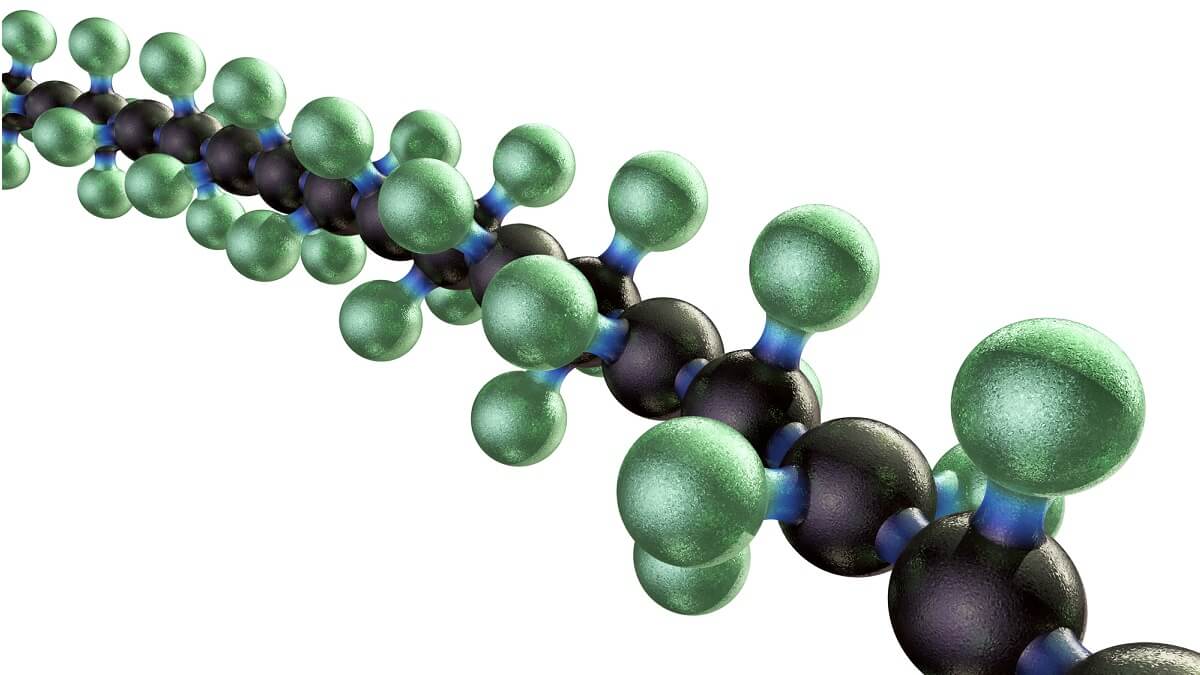Polymers in Building And Construction: Stronger, Lighter, and A Lot More Sturdy
Polymers in Building And Construction: Stronger, Lighter, and A Lot More Sturdy
Blog Article
Making The Most Of the Prospective of Polymers: Discover the Diverse Advantages and Practical Uses
In the substantial landscape of material science, polymers stand out as functional compounds that have actually permeated almost every facet of modern life. Their application spans numerous industries, from manufacturing and building and construction to medical care and modern technology. The multifaceted advantages and functional uses of polymers remain to develop, supplying ingenious solutions to complicated obstacles. By exploring just how polymers can enhance item longevity, drive sustainability initiatives, change healthcare remedies, and lead the way for future technical improvements, we can discover a world of possibilities waiting to be used.
Significance of Polymers in Modern Industries
Polymers play a critical role in modern-day industries, offering as versatile products that drive development and performance across a wide array of sectors. The electronic devices industry advantages from the shielding properties of polymers, important for manufacturing circuit boards and digital devices. Their versatility, durability, and cost-effectiveness make polymers crucial in modern manufacturing processes, fostering developments and driving progression in different markets worldwide.
Enhancing Item Sturdiness With Polymers
With a concentrate on longevity and strength, integrating sophisticated polymer modern technologies into product layout has actually become a foundation of enhancing durability in contemporary production procedures. Polymers offer a large range of residential properties that add to the total durability of products. One essential advantage is their resistance to rust, chemicals, and weathering, making them excellent for usage in various industries where exposure to rough problems is usual.
Moreover, polymers can be tailored to meet particular toughness requirements, permitting manufacturers to customize items according to their planned usage and anticipated life-span. By including polymers into product components, producers can enhance strength and impact resistance, reducing the likelihood of breakage or wear gradually.
Furthermore, polymers are light-weight yet strong, supplying longevity without including unneeded weight to items. This characteristic is especially beneficial in sectors such as aerospace and auto, where light-weight materials are vital for enhancing fuel performance and general performance.
Sustainability Developments Through Polymer Technology
In the world of modern-day manufacturing and item design, the innovative application of polymers is driving substantial improvements in sustainability practices. Polymer advancement plays a vital role in improving sustainability by using solutions that lower ecological impact across numerous sectors.
Furthermore, improvements in polymer technology have brought about the development of bio-based and sustainable polymers, originated from natural sources such as plants, that use an even more sustainable alternative to typical petroleum-based plastics. These environment-friendly polymers not just help minimize dependence on nonrenewable fuel sources but likewise lower greenhouse gas exhausts throughout production. By integrating these cutting-edge polymers into producing procedures, companies can lower their environmental footprint and move towards more sustainable practices, lining up with worldwide initiatives to combat climate adjustment and advertise a round economy.
Polymers in Healthcare: Revolutionizing Medical Solutions

Among the crucial areas where polymers are making significant strides is in the growth of targeted medicine distribution systems. By enveloping medicines within polymeric nanoparticles or micelles, researchers can boost drug security, enhance bioavailability, and allow controlled release, resulting in a lot more effective therapy regimens with reduced adverse effects.
Additionally, polymers contribute in the field of regenerative medication, where they are utilized to create scaffolds that resemble the extracellular matrix, offering support for cell growth and cells regeneration. This modern technology holds enormous promise for fixing damaged organs, advertising wound recovery, and advancing customized medication methods.
Essentially, the combination of polymers in healthcare is driving technology, improving therapy efficacy, and eventually enhancing client end results in ways formerly assumed unattainable.
Future Applications and Advancements in Polymer Technology
Progressing at the leading edge of clinical discovery, polymer modern technology proceeds to pave the way for groundbreaking applications and developments shaping varied sectors. Additionally, polymer nanocomposites are boosting the mechanical and thermal homes of products, leading to stronger and lighter components in aerospace and vehicle sectors. Looking ahead, scientists are checking out the potential of shape-memory polymers for applications in robotics and biomedical gadgets, where materials that can "keep in mind" and go back to their initial shapes offer interesting possibilities for innovation.
Final Thought
:max_bytes(150000):strip_icc()/three-dimensional-model-of-polyvinyl-chloride-165874889-5c425ea7c9e77c000188be6d.jpg)
Report this page